Mick Lynch has become a household name and a media sensation almost overnight with his no-nonsense interviews highlighting the plight of his RMT members working on the British railways.
He’s “good copy” as newspapers hacks have a habit of saying.
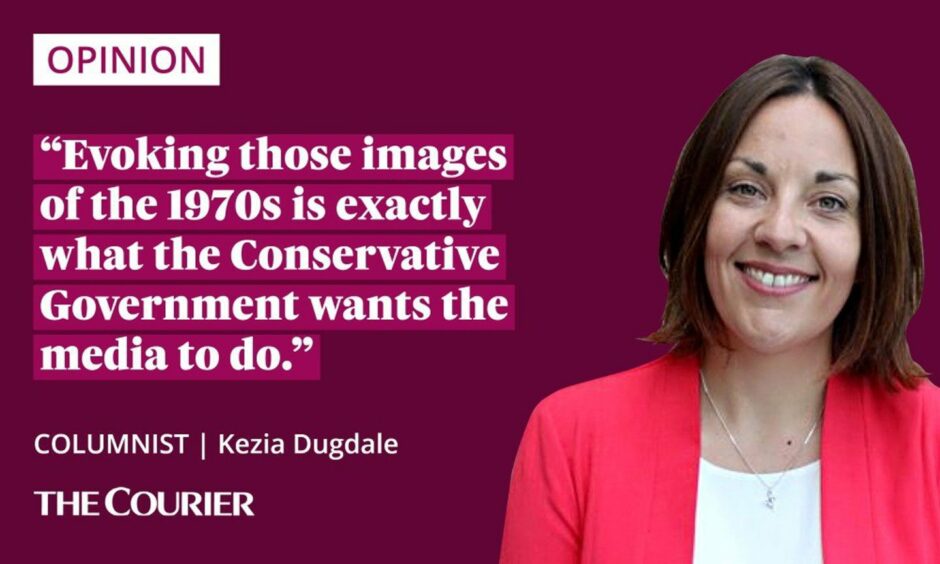
Always ready with a quick one-liner, or putdown, he comes across as fresh and authentic, probably because he is.
He’s a trade union leader, representing a workforce which is still heavily unionised, flexing some muscle.
If he’s successful, he’ll have demonstrated the power of a union.
If he isn’t, it will be down to the political dogma of the UK Government rather than any weakness of his case.
People on the pickets just want a pay rise
In a particularly excruciating interview with Sky’s eminent breakfast broadcaster Kay Burley, Mr Lynch called out some of the dog whistles that Kay was using, whether she was acutely aware of it or not.
She asked the trade union leader what a picket would involve and he replied incredulously saying it would involve picketing, funnily enough.
The practice of trying to persuade people not to go to work.
She then asked him what else it might involve, in tone reminiscent of a pantomime punchline and a winky face.
Agency rail workers will be stopped at picket lines and asked not to cross.
RMT union's General Secretary Mick Lynch got a little flustered explaining why…#KayBurley FC pic.twitter.com/GiTb0WQkxn
— Kay Burley (@KayBurley) June 21, 2022
It was clear she was trying to illicit scenes of feckless workers and civil disobedience amidst blazing oil drums. A hark back to the 1970s and the winter of discontent.
The reality of course is that pickets are very dull, peaceful, cold events where workers go without their full wage to take a stand against their treatment by their employers.
It traditionally also involves a degree of ostracization and been attacked as a Marxist zealot.
Most of the people on the pickets just want a pay rise first and foremost, they’ll take a revolution if it’s on offer though.
They’d really much rather be at work, as long as they are paid properly for it.
‘Evoking those images of the 1970s is exactly what the Conservative Government wants’
Trade union membership is on the increase in the United Kingdom at the moment, creeping up slowly over the past four years, standing at just over six million adults.
Despite the uptick though, that’s still just under half the number of adults unionised in 1979 when Margaret Thatcher came to power.
It’s also a very uneven distribution, with around 50% of public sector workers unionised and just 13% of those in the private sector.
Dig even deeper though and you’ll find that the lower paid you are in the private sector, the less likely you are to be unionised.
It’s a particularly acute problem in the hospitality industry.
Evoking those images of the 1970s is exactly what the Conservative Government wants the media to do.
Not least because those adults working in the 1970s are very likely of pensionable age now and more pre-disposed to voting for them.
It’s the same reason the Government is baulking at demands for 10% pay rises from workers cleaning rail carriages but happily reinstating the triple lock on pensions today.
That guarantees that all pensioners will be protected from rapidly rising inflation rates, regardless of wealth income or status.
Dominic Rabb was the Secretary of State sent out to defend this decision on the media round and his rational was that pensioners were particularly exposed to the rising cost of energy.
An argument that doesn’t stand up to much scrutiny when you remember that we have winter fuel payments specifically for that purpose.
Britain needs a pay rise
I want a pay rise for everyone that’s feeling the pinch and for everyone that has endured years of pay freezes. But I want it more for those most in need.
The latest inflation figures were published on Wednesday showing that inflation currently stands at a 40-year high of 9.1%.
Dig into the detail though and food inflation is predicted to be in the mid-teens, with the biggest inflationary increases on the cheapest foods.
This is all down to the increased costs of food production, because of the energy crisis and the war in Ukraine – a country the world relies on heavily for both oils and grains.
All this does it add weight to the argument that we need to increase incomes of those families who are most exposed to rising prices
And if that means foregoing wage increases for those who can stomach the squeeze, then so be it.
It’s the right and proper thing to do, which is probably exactly why it won’t happen.
For me this starts with ensuring that things like universal credit are increased in line with inflation. That the national minimum wage rises with it too. That more is done by Government to incentivise employers to use the real living wage with their workforce, whether that’s through tax incentives or limiting access to public contracts in its absence.
Britain needs a pay rise, but the lowest paid workers need it more.
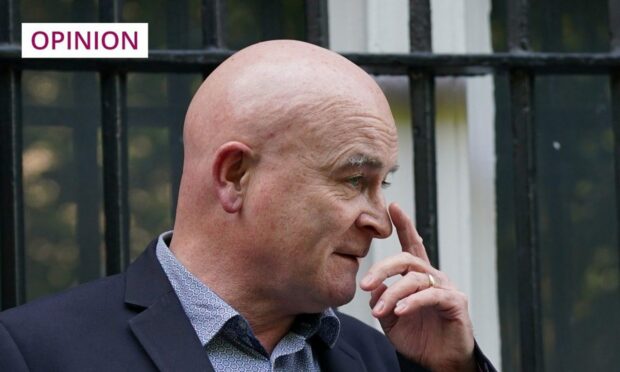
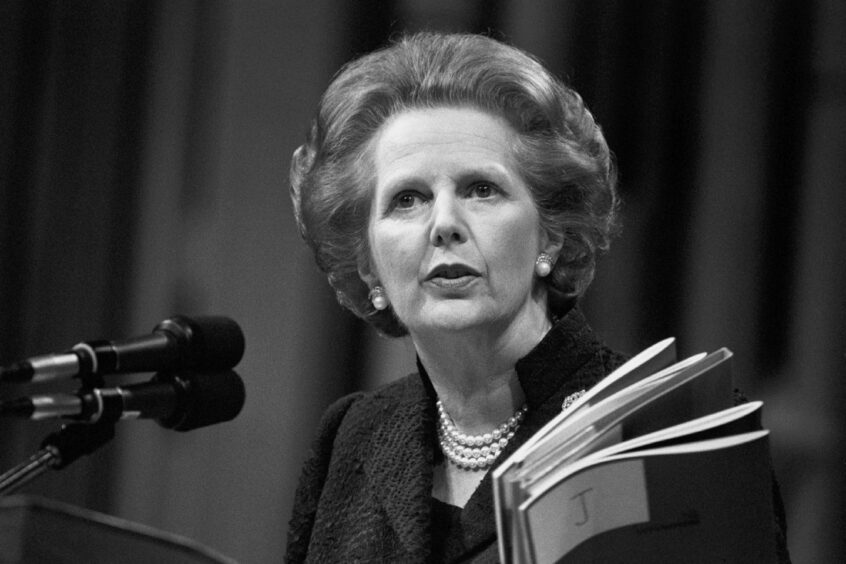
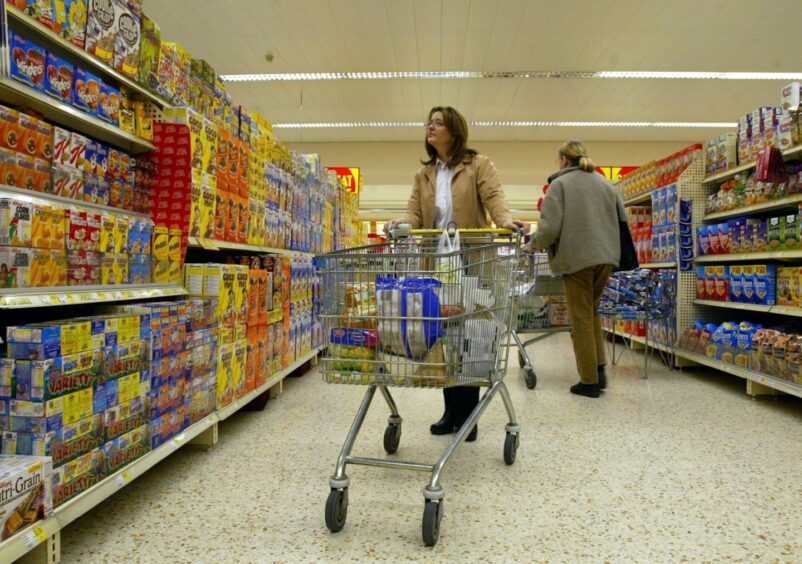
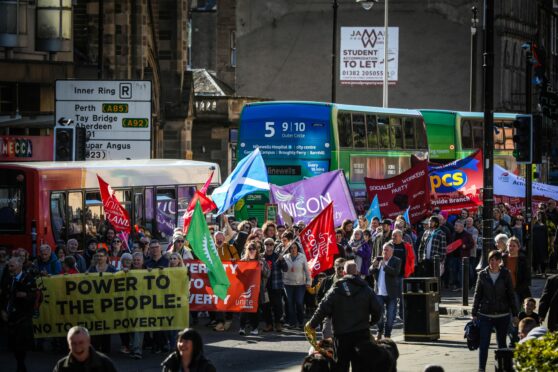
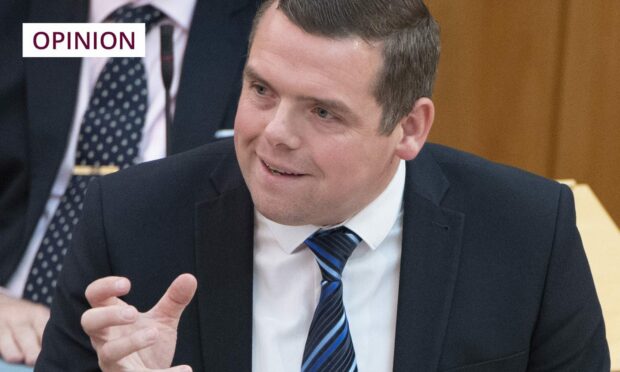
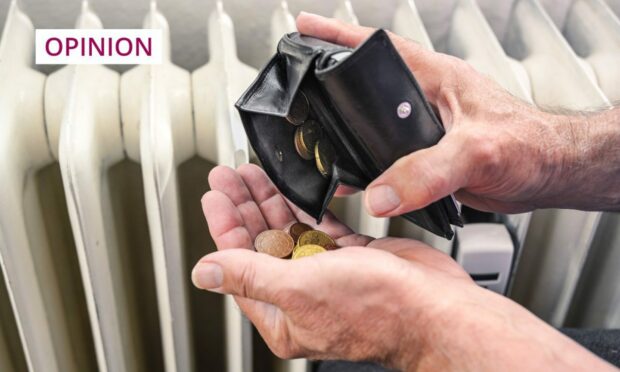
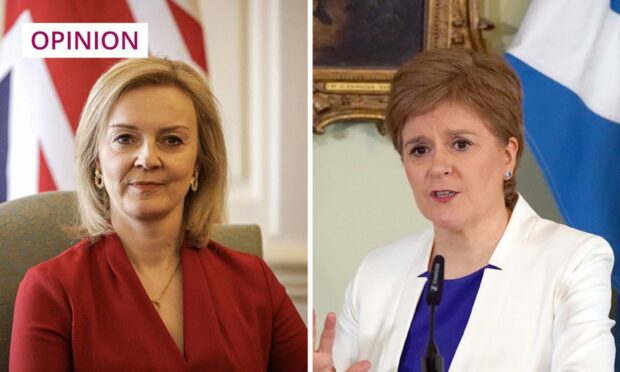
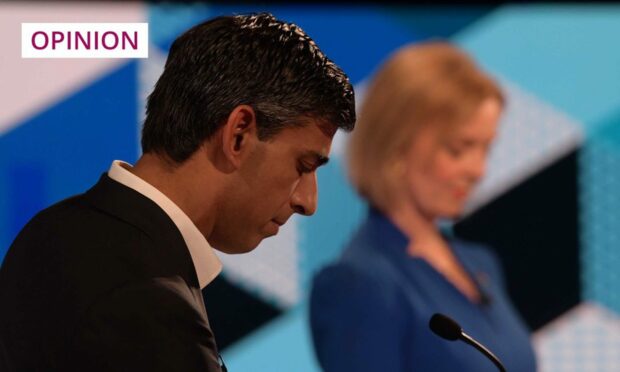
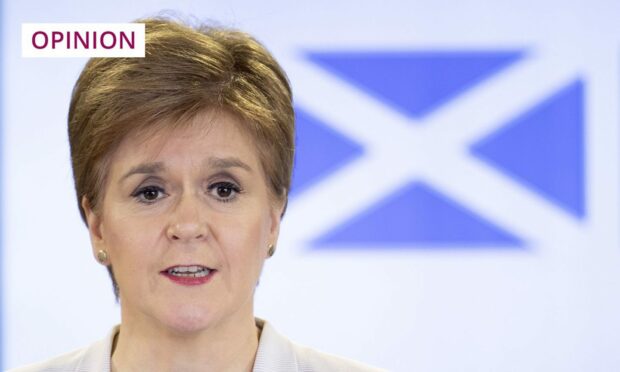
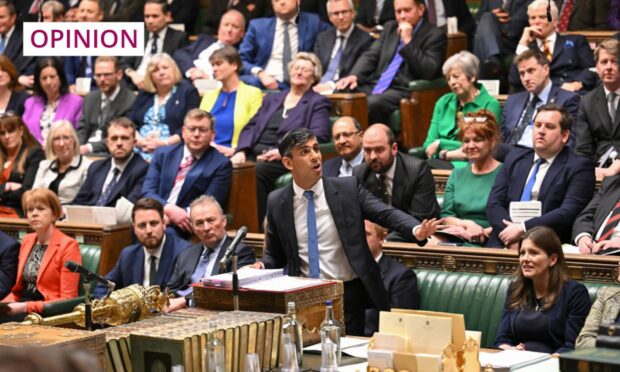
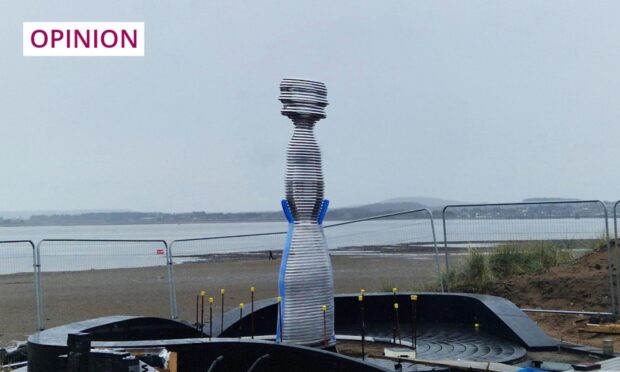
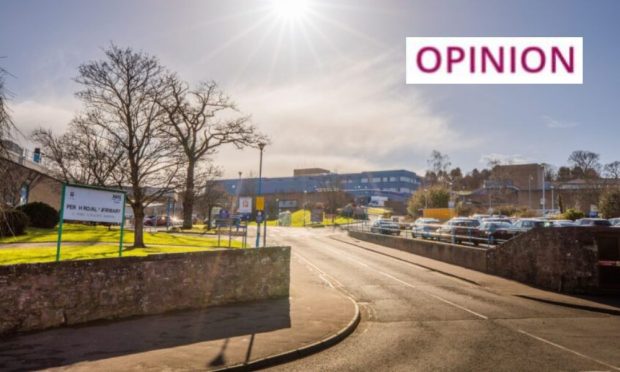

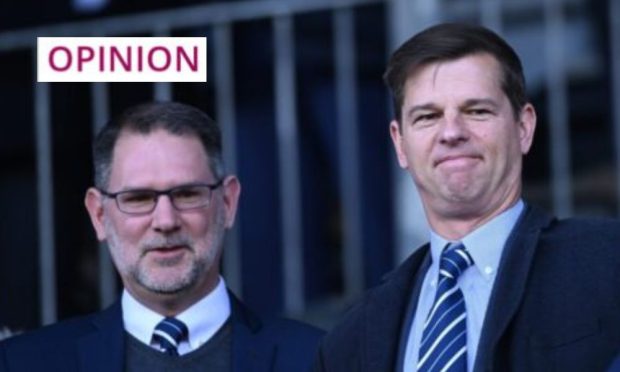

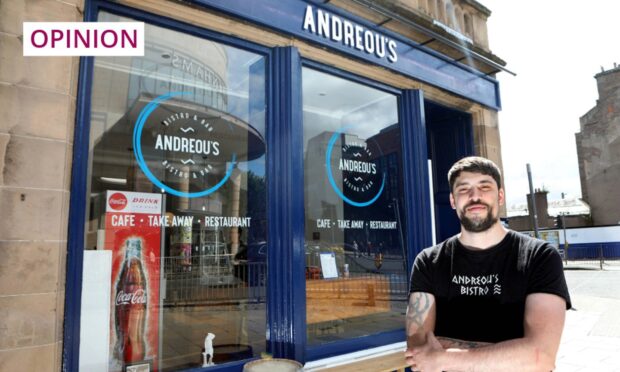
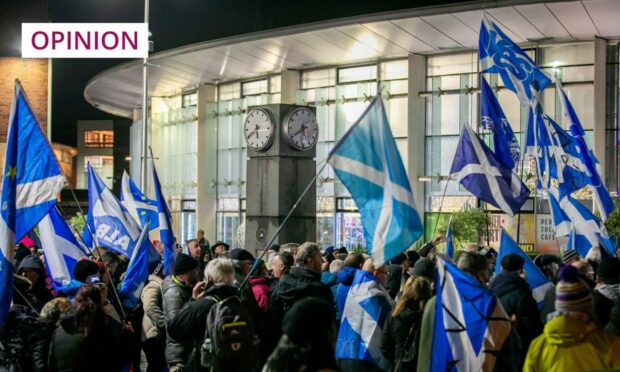
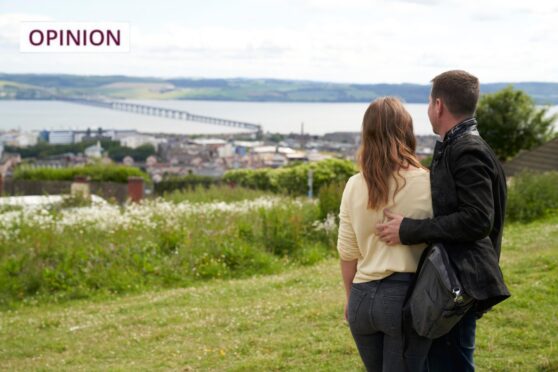
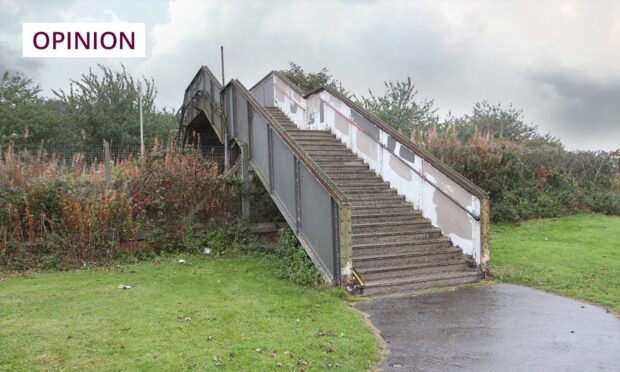
Conversation